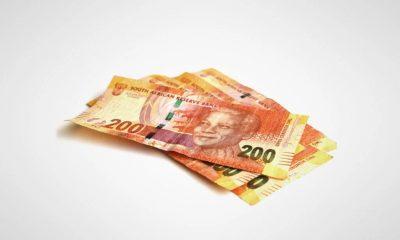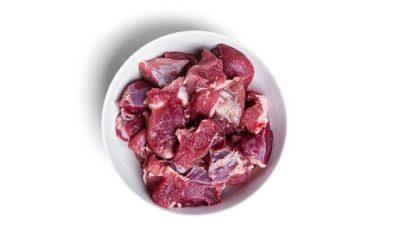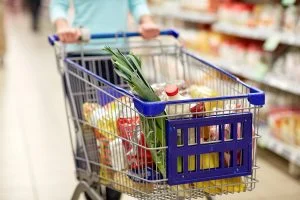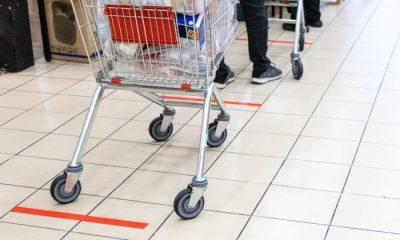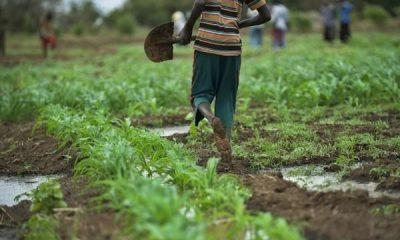Business
Will a VAT Hike Cripple South Africa’s Farmers and Threaten National Food Security?
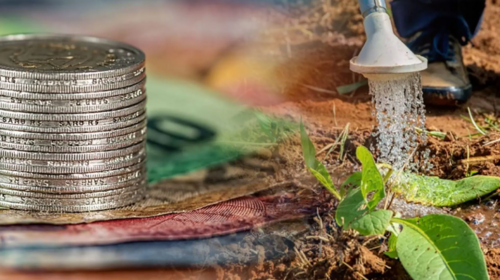
The South African government’s 2025/26 Budget proposal, which includes a phased 2% increase in Value Added Tax (VAT) over two years, has ignited a fierce national debate. While the goal is clear—bolster the country’s fiscal position—the ripple effects on the agricultural sector and food affordability could be far-reaching and dangerous.
Agriculture at the Breaking Point
Agriculture remains the backbone of food security and a significant pillar of South Africa’s economy. But the industry operates under tight margins and fluctuating input costs. With fertiliser, fuel, pesticides, and equipment already straining farm budgets, an increase in VAT threatens to tip the balance—especially for small-scale farmers.
“These producers are already vulnerable to price shocks and lack the scale to absorb cost hikes,” warns one industry expert. “This VAT increase will squeeze margins even further, discouraging investments in infrastructure, and may ultimately lead to closures.”
The Hidden Cost to Consumers
While many basic food items are VAT-exempt, the broader food production value chain—from farming to transport—is not. The result? Higher costs get baked into the final price tag.
For South Africa’s low-income households—who spend a disproportionate share of their income on food—even a 1% VAT increase translates to real hardship. “It’s not just about the farm,” says a food security advocate. “It’s about the families struggling to put meals on the table.”
A Blow to Growth and Innovation
The long-term consequences of a weakened agricultural sector are more than economic—they’re existential. Reduced profits discourage new entrants, particularly youth and emerging farmers, while stifling innovation in sustainable farming practices and mechanisation.
With a growing population and rising demand for food, South Africa cannot afford a sluggish agricultural sector. A VAT hike now could create a food system more vulnerable to climate shocks, global supply chain disruptions, and price spikes.
Are There Alternatives?
Yes—and policymakers must consider them urgently. Experts propose targeted interventions that maintain revenue growth without gutting agriculture:
-
Input VAT rebates or zero-rating farm inputs
-
Subsidies on fertilisers and seeds for small farmers
-
Expanding the zero-rated food basket
-
Boosting social grants and food assistance
-
Progressive tax reforms (income or wealth-based)
-
Increased efficiency in existing tax collection
South Africa can find a smarter path—one that doesn’t trade food on the table for balance sheets in the Treasury.
A Call for Consultation, Not Shock Policy
The government must consult more broadly with farming unions, agricultural economists, and food security experts before finalising this VAT increase. With stakes this high, public input is not optional—it’s essential.
As the debate intensifies, one thing is clear: what might seem like a routine fiscal adjustment could have long-lasting consequences for the very sectors that keep the country fed and economically afloat.
The proposed VAT hike may bring short-term relief to the Treasury, but at what long-term cost? If not handled with care, it risks deepening food insecurity, weakening our farming base, and widening inequality. South Africa deserves a fiscal plan that grows its economy without gutting the hands that feed it.
{Source: IOL}
Follow Joburg ETC on Facebook, Twitter , TikTok and Instagram
For more News in Johannesburg, visit joburgetc.com

